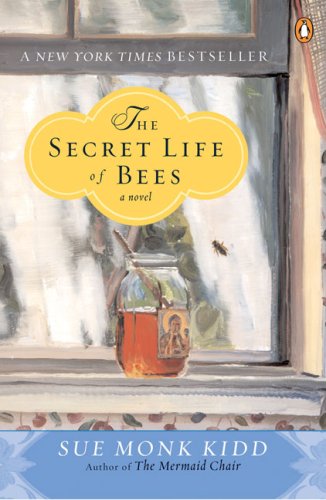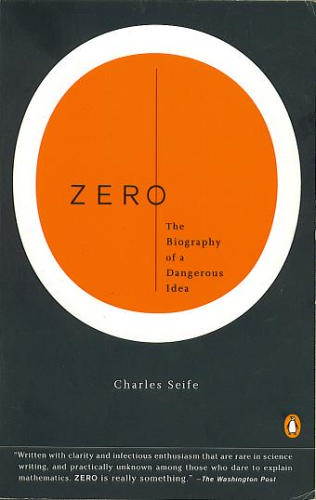.
I’m going to devote this entry to the entire series. You see, for about two weeks now I have been rereading and rereading the manga that I am becoming so obsessed with it and so attached to the characters that I must write something. This must be how those die-hard Harry Potter fans feel.
First of all, you kids who think DBZ is stupid: Dragon Ball is the Naruto/Inuyasha/One Piece of my generation. So if you like one of those series (or maybe all of them), take that. Dragon Ball also has influenced many of the popular shonen manga today – indirectly or otherwise. I did think for a while that the anime was stupid (because the manga always rocks), but lately I’ve been wanting to see some of the filler episodes. It drives me crazy not knowing what officially happens during the several periods of years that the manga never covers.
Rereading Dragon Ball brings back so many memories. It sort of feels like listening to the music you used to listen as a child. In fact, since I never really listened to music until I was in high school, so comic books are like the substitute for childhood music for me. It started in third grade when my oldest brother finally bought the first ten volumes of Dragon Ball despite my mother’s threat to disown him if he dared wasting money on comic books (really?). The series ended two years later. I remember losing interest because I thought the artwork and the translation were getting sloppy. (Now that I’ve read the U.S. version, I definitely know that the translation was REALLY bad.) Regardless, I spent the next few years rereading every single volume until I memorized literally every line. I was surprised two weeks ago when I found out I actually still remember a good chunk of the dialogues.
As a kid I couldn’t really put things in perspective though. Dragon Ball to me was just another fighting manga. The good guys fight, the villains either die or become good, and everyone lives happily ever after. All I knew was the Z fighters super strong and even if you put all of today’s superheroes together they still couldn’t win against Goku, Gohan, and Vegeta. These days, I’m taking a different approach toward the characters.
Let’s see. It all started with 12-year-old Goku meeting 16-year-old Bulma. Kamesennin, Ulon, Yamcha, Puar, Chichi, and Kuririn also came to the scene in the first four volumes. The series started out as a gag manga, but somewhere along the way it evolved into a more serious manga. The characters that were created merely to entertain were abandoned as the fighters became more developed. Eventually even Yamcha and Chaoz slided down the ladder.
In the beginning, Goku was a kid. Then he grew up and got married sometime between volume 16 and volume 17 at the age of 19. He had Gohan when he was 20. Gohan was 4 years old during the Vegeta saga, almost 5 during the Freeza saga, and 9 during the Cell Saga. I guess it felt like he was supposed to be older because it used to take so long before the bookstore released the newest volume. Hard to believe that events in Dragon Ball often happen within a short time frame – as in a few days.
But in spite of that, all the characters still grew up so fast. I couldn’t make sense of it when Gohan suddenly transformed from someone younger than me to someone older than me. It felt even worse toward the end of the manga when everyone was 10 years older. Gohan is now 26, which makes Goku 46, which makes Bulma 50. In actuality they shouldn’t look the old, but that’s besides the point. Not that there’s any point to all this rambling.
In any case, it feels weird watching someone turns from a child to a grown man. Is this how parents feel? One moment Gohan is just a good-hearted little kid, and the next moment he’s a dorky teenager who wants to look cool (and fails miserably – much to my embarrassment). Haha, he might be the epitome of Asian nerds today actually.
It still feels unreal. So long ago yet it feels just like yesterday. Time is relative indeed.









